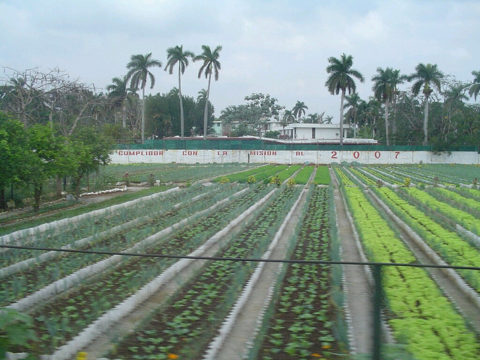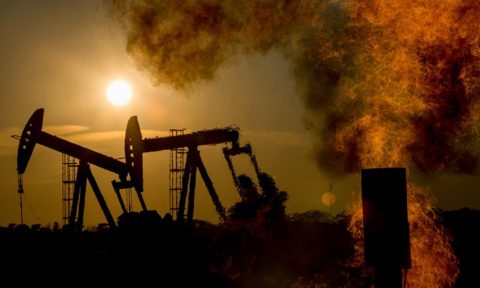Podcast: Play in new window | Download
Subscribe: RSS

Wait, what? A renaissance in agriculture, here?
Most stories about climate change and agriculture are about the destruction of crops by droughts and floods and storms and plagues of migrating insects. But there is a place, in America, where agriculture of the right kind — small-scale, diverse, regenerative, low-impact — is flourishing because of global warming. Of all places, it’s Alaska.
The number of farms in Alaska increased by 30% between 2012 and 2017, while the total number of farms in America declined. Most of that growth was in small farms of nine acres or less. And in that same time period the value of farm products sold directly to consumers doubled, to $4.4 million. Warming temperatures (Anchorage experienced 90 degrees Fahrenheit last summer for the first time ever) and longer growing seasons (by 45% since 1900 in Fairbanks) have opened the way for growing plants that could not have survived there before. Continue reading




 When do you write the obituary for a zombie? When you determine that he has no heartbeat or brain activity? Shoot, he’s just getting started. (No, I mean it. Shoot!) A limb or two has rotted and fallen off? He’s still going. That’s America’s oil industry today. No signs of life and still going.
When do you write the obituary for a zombie? When you determine that he has no heartbeat or brain activity? Shoot, he’s just getting started. (No, I mean it. Shoot!) A limb or two has rotted and fallen off? He’s still going. That’s America’s oil industry today. No signs of life and still going. 

 People who are ignorant of history and of the dynamics of human life, have been casually tossing around threats of violence, even civil war in America if they don’t get their political druthers. Some of them who are members of Congress actually launched a mob action inside the Capitol that lacked only torches and pitchforks — and a cause — to be a replica of an uprising.
People who are ignorant of history and of the dynamics of human life, have been casually tossing around threats of violence, even civil war in America if they don’t get their political druthers. Some of them who are members of Congress actually launched a mob action inside the Capitol that lacked only torches and pitchforks — and a cause — to be a replica of an uprising.